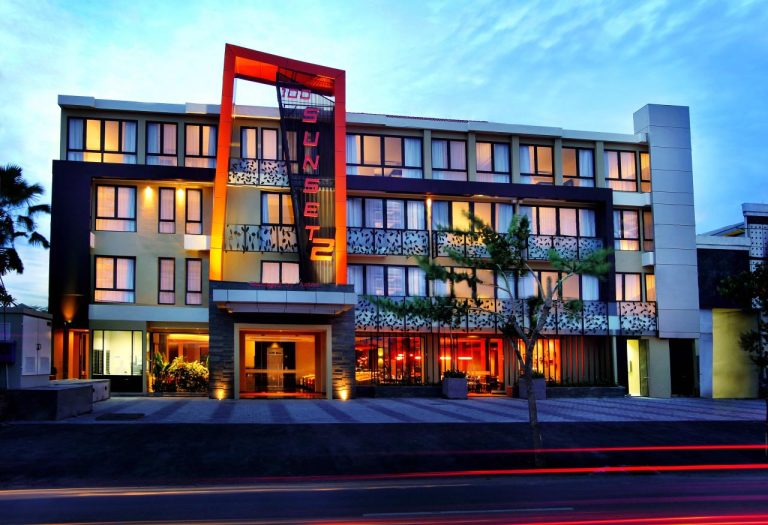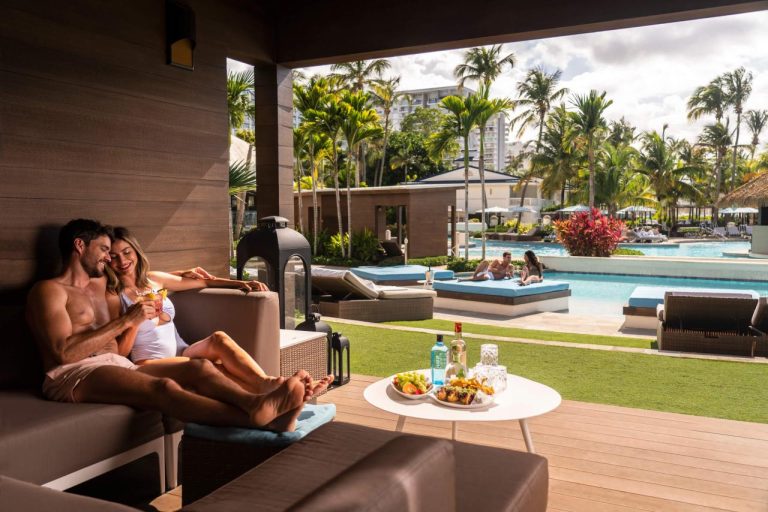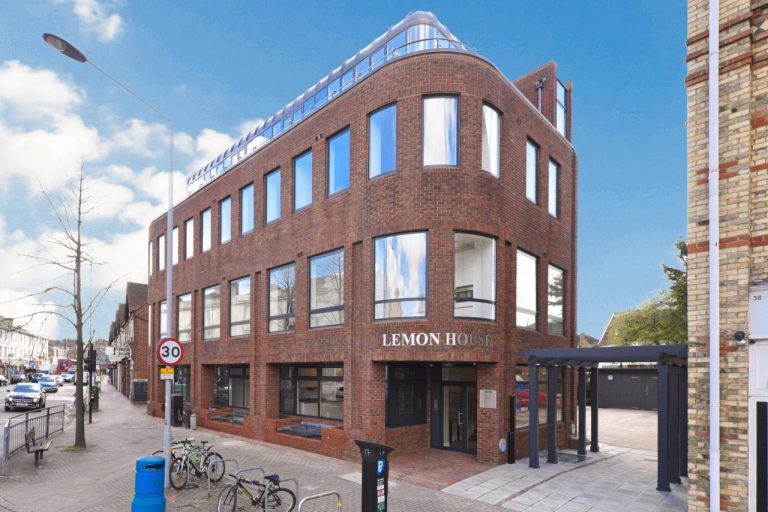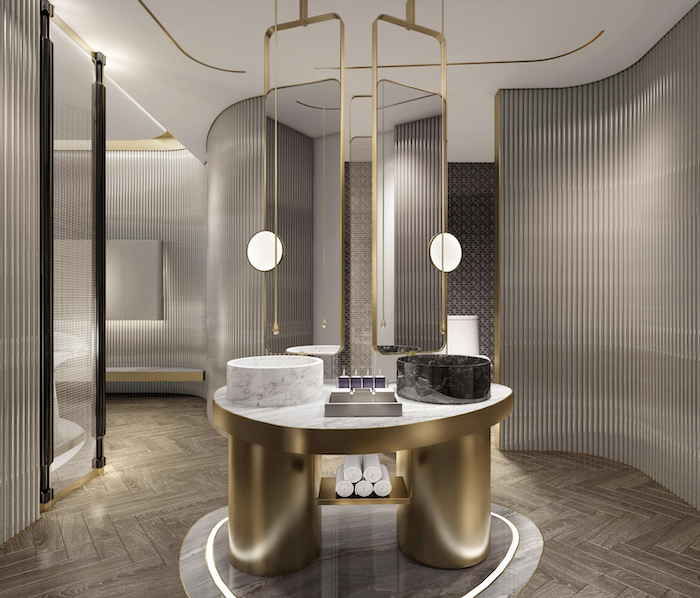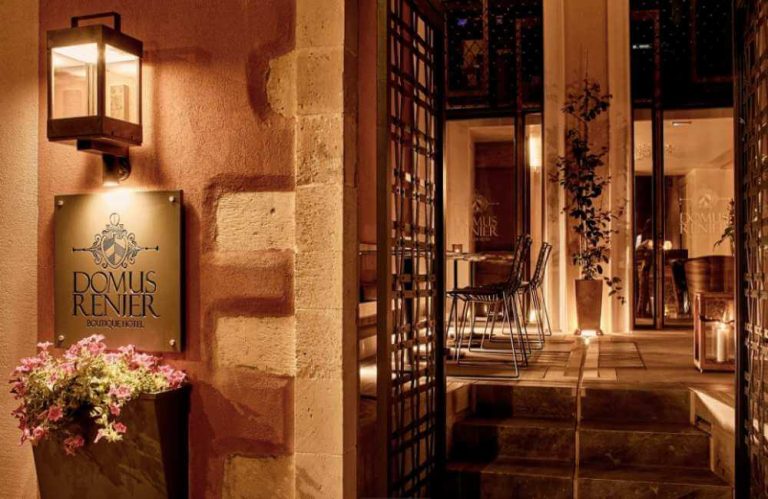Hotel Boutique La A Deep Dive
Hotel Boutique La sets the stage for this captivating exploration of an intimate and unique hospitality experience. This style of hotel, distinguished by its distinctive design and personalized service, offers a compelling alternative to large chain hotels. The focus is on creating a memorable experience for guests, fostering a connection with the local community, and offering a curated selection of amenities and services tailored to a specific target audience.
We’ll delve into the key characteristics that define Hotel Boutique LA, from its carefully curated design elements to its strategic location choices and the unique revenue models that support this distinctive hospitality approach. We’ll also examine the meticulous attention to service, the specific needs of its target audience, and the significant role of local partnerships in shaping the brand’s identity.
Defining “Hotel Boutique La”
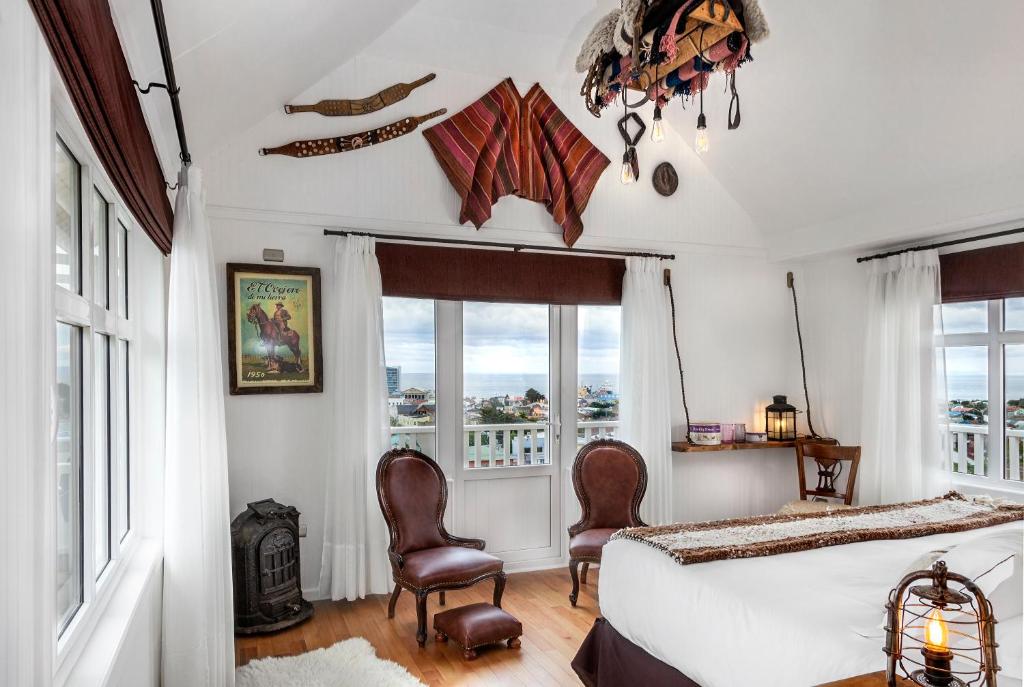
A hotel boutique la is a type of luxury lodging establishment that prioritizes personalized service and a unique, intimate atmosphere. It stands apart from larger chain hotels through its focus on distinctive design, curated experiences, and a smaller scale oof peration. This allows for a more personalized guest experience.
Hotel boutique la properties often cater to a discerning clientele seeking an upscale and sophisticated stay, rather than the mass market appeal of large chain hotels. They emphasize a specific aesthetic or theme, creating a memorable experience beyond just a place to sleep.
Key Characteristics of a Hotel Boutique La
Boutique hotels, often found in urban areas, possess distinct features that differentiate them from typical chain hotels. These characteristics include unique architectural styles, personalized service, curated amenities, and a focus on the local area. The ambiance often reflects the surrounding neighborhood, creating a unique atmosphere for each hotel.
Examples of Hotel Boutique Las in Los Angeles
Several hotels in Los Angeles embody the essence of a hotel boutique la. The Hotel Erwin, nestled in the trendy Arts District, showcases a modern industrial aesthetic with exposed brick and a vibrant local art collection. The NoMad Los Angeles, located in West Hollywood, provides a refined and stylish experience with sophisticated design and a focus on luxury amenities. The Ace Hotel Downtown, situated in the heart of the city, blends retro-modern elements with a focus on local art and a social atmosphere. Each of these examples embodies the distinctive charm of a boutique hotel, offering an experience beyond a typical hotel stay.
Design Elements and Atmosphere
Hotel boutique la often feature unique design elements reflecting the specific neighborhood or theme. This could involve custom furniture, locally sourced artwork, or bespoke interior details. The overall atmosphere is typically intimate and curated, designed to create a memorable and personalized experience for guests. Warm lighting, comfortable seating areas, and thoughtful details contribute to the unique atmosphere. The color palettes and materials used are usually carefully selected to complement the theme. The general ambiance is meant to be engaging and memorable.
Comparison Table: Hotel Boutique La vs. Large Chain Hotel
| Feature | Hotel Boutique La | Large Chain Hotel |
|---|---|---|
| Size | Generally smaller, fewer rooms | Larger, numerous rooms |
| Design | Unique, often reflects a specific style or theme | Standardized, consistent across locations |
| Service | Personalized, attentive service | Standardized, often impersonal |
| Amenities | Curated, often reflecting local culture | Broad range of amenities, may not be unique |
| Atmosphere | Intimate, unique, memorable | Functional, predictable, mass-appeal |
| Price | Generally higher than chain hotels | Generally lower than boutique hotels |
Services and Amenities
Hotel Boutique La establishments prioritize a curated experience, blending personalized service with thoughtfully designed amenities. This focus on detail elevates the guest stay beyond the ordinary, creating a memorable and distinctive experience. The emphasis is on creating a unique atmosphere that resonates with the boutique hotel concept, fostering a sense of belonging and enhancing the overall value proposition.
Common Services Offered
Boutique hotels often offer a range of standard services to ensure guest comfort and convenience. These services typically include 24-hour front desk assistance, room service, concierge services for arranging activities and reservations, and laundry/valet services. Furthermore, some establishments may provide complimentary Wi-Fi access throughout the property, as well as business center facilities for guests requiring workspace. The accessibility and quality of these services contribute significantly to the guest experience.
Unique Amenities that Set Boutique Hotels Apart
Boutique hotels often showcase unique amenities that distinguish them from larger chain hotels. These features often include curated art collections, locally sourced or artisanal food and beverage options, partnerships with local businesses or artisans, and personalized service experiences. For example, some hotels might feature live music performances, in-house workshops or classes, or offer personalized recommendations for local attractions. These elements contribute to a unique and immersive experience.
Customer Experience and Service Philosophy
A key element of the Hotel Boutique La experience is the focus on personalized service. The philosophy often emphasizes attentive service, proactive engagement with guests, and a genuine commitment to exceeding expectations. Staff training is often centered around anticipating guest needs and providing solutions that cater to individual preferences. For instance, a guest with a dietary restriction might receive personalized menu suggestions, or a guest with a specific interest in local history might receive recommendations for tailored tours. This personal touch fosters a sense of connection and loyalty.
Comparison of Service Offerings Across Different Boutique Hotels
While the core services remain consistent, specific amenities and service philosophies can vary across different Hotel Boutique La establishments. Some hotels may focus on sustainability, showcasing eco-friendly practices and supporting local communities. Others might emphasize luxury, providing premium amenities and exclusive experiences. Still others may highlight affordability, offering competitive pricing while maintaining a unique experience. These differences reflect the diverse identities and missions of individual properties.
Table of Amenities
| Amenity | Description | Example |
|---|---|---|
| Front Desk Service | 24/7 assistance with check-in/out, inquiries, and requests. | Assisting guests with booking tours, taxis, or making restaurant reservations. |
| Room Service | Provided meals and beverages to guest rooms. | Offering a menu of breakfast, lunch, and dinner options. |
| Concierge Service | Personalized assistance in planning activities and reservations. | Arranging tickets for shows, concerts, or sporting events. |
| Wi-Fi | High-speed internet access throughout the hotel. | Providing complimentary access to guests. |
| Local Partnerships | Collaboration with local businesses and artisans. | Offering curated experiences with local chefs or artists. |
Target Audience
Hotel Boutique La caters to a discerning clientele seeking a unique and luxurious experience. This target audience prioritizes personalized service, stylish surroundings, and convenient access to cultural attractions and local experiences. They value authenticity and are comfortable with a sophisticated, intimate environment.
Typical Guest Profile
The typical guest of Hotel Boutique La is a sophisticated traveler, likely aged 25-55. They are often well-traveled and value high-quality experiences. They appreciate design aesthetics and are interested in local culture and cuisine. Their motivations extend beyond mere accommodation; they desire a place that reflects their lifestyle and enhances their exploration of the city.
Guest Preferences and Needs
Guests prioritize personalized service, reflecting a desire for a tailored experience. They expect a high level of cleanliness and attention to detail, ensuring a comfortable and relaxing stay. Convenience and accessibility to local attractions and activities are important. Their needs include a well-equipped, stylish, and comfortable room and the availability of high-speed internet. A focus on sustainability and ethical practices within the hotel’s operations is increasingly relevant.
Demographic and Psychographic Characteristics
The target demographic encompasses professionals, entrepreneurs, and affluent leisure travelers. They are likely to have a strong interest in art, design, and culture. Psychographically, they are often open-minded, seeking new experiences, and valuing quality over quantity. Their lifestyle often includes a blend of work and leisure, with a preference for curated experiences.
Motivations for Choosing Hotel Boutique La
Guests are drawn to Hotel Boutique La for its unique atmosphere, thoughtful design, and personalized service. The desire for a luxurious and stylish stay, combined with proximity to cultural attractions and local experiences, is a primary motivator. They seek a hotel that stands apart from other accommodations, offering an authentic and unforgettable experience.
Typical Guest Profile Table
| Characteristic | Description |
|---|---|
| Age | 25-55 years old |
| Occupation | Professionals, entrepreneurs, affluent leisure travelers |
| Travel Style | Sophisticated, well-traveled, and valuing high-quality experiences |
| Interests | Art, design, culture, local cuisine, new experiences |
| Motivations | Unique atmosphere, personalized service, proximity to attractions, authentic experience |
Location and Setting
Hotel Boutique La’s success hinges significantly on its location. A carefully chosen setting is crucial to the guest experience, influencing everything from ambiance to accessibility. The surrounding environment, whether bustling city streets or tranquil countryside, plays a pivotal role in shaping the hotel’s character and appeal. Local culture and attractions, as well as the unique neighborhood character, further enhance the guest experience, making the hotel more than just a place to stay.
The ideal location for a boutique hotel often blends the benefits of proximity to attractions with the charm of a unique neighborhood. A hotel nestled within a historic district, for instance, offers a rich tapestry of local history and character. Conversely, a location in a trendy, emerging neighborhood can provide a vibrant and exciting atmosphere.
Typical Location Choices
A successful Boutique Hotel often seeks locations that offer a unique blend of accessibility and local charm. This might include proximity to popular tourist attractions, but equally important is a neighborhood with its distinct personality. Consideration should be given to factors like pedestrian-friendly streets, local shops and restaurants, and the overall vibe of the area. The neighborhood’s history, architecture, and cultural nuances can contribute significantly to the hotel’s character.
Importance of the Surrounding Environment
The surrounding environment significantly impacts the guest experience. A hotel situated in a lively, pedestrian-friendly area with local shops and restaurants offers guests the opportunity to immerse themselves in the local culture. Conversely, a hotel nestled in a quieter, more serene location can provide a haven of tranquility and relaxation. The environment shapes the hotel’s atmosphere, influencing how guests perceive and interact with their surroundings. A tranquil courtyard, for example, might offer a relaxing escape from the bustle of the city.
Influence of Local Culture and Attractions
Local culture and attractions are vital to a Boutique Hotel’s appeal. Hotels in areas rich with historical significance, artistic expression, or vibrant nightlife offer guests the opportunity to experience the soul of the city. Integrating local art, cuisine, or music into the hotel’s design and offerings further strengthens the connection to the surrounding culture. This can include partnerships with local artists or chefs to offer unique experiences.
Role of Neighborhood Character
Neighborhood character significantly contributes to a Boutique Hotel’s charm. A hotel situated in a historic district can provide a sense of authenticity and connection to the past. A hotel in a trendy, emerging neighborhood can offer a vibrant and exciting atmosphere. The unique character of the neighborhood, whether it’s the architectural style, local customs, or the vibe of the community, contributes to the hotel’s distinctive identity. This fosters a sense of place and provides guests with an authentic experience.
Examples of Successful Boutique Hotel Locations
| Location | Neighborhood Character | Attractions |
|---|---|---|
| Paris, France – Le Marais | Historic, trendy, artistic | Museums, galleries, boutiques, cafes |
| Kyoto, Japan – Gion | Traditional, cultural, serene | Temples, gardens, traditional teahouses |
| Charleston, South Carolina – Historic District | Historic, Southern charm, elegant | Historic homes, plantations, antebellum architecture |
| New York City, USA – Greenwich Village | Historic, artistic, bohemian | Live music venues, independent shops, art galleries |
Unique Selling Propositions
Hotel Boutique La distinguishes itself through a carefully crafted brand narrative and a focus on providing unique experiences that go beyond the typical hotel offerings. These unique selling propositions (USPs) are crucial in attracting the target audience and setting the hotel apart in a competitive market. This section details the core USPs and how they are communicated effectively.
Defining Unique Selling Propositions
Unique Selling Propositions (USPs) are the key differentiators that set a hotel apart from its competitors. They highlight what makes a hotel stand out in the minds of potential guests, making it a more desirable option. These propositions are not just features but rather benefits that resonate with the target audience’s needs and desires.
Examples of Hotel Boutique La USPs
Hotel Boutique La’s USPs are rooted in its commitment to providing a distinctive experience. Examples include:
- Personalized Experiences: The hotel offers customized services tailored to guest preferences, going beyond standard amenities to create unique and memorable experiences. This could include arranging for local tours, recommending hidden gems, or curating a special breakfast menu based on guest dietary restrictions or preferences.
- Local Partnerships: Collaboration with local artisans, businesses, and cultural institutions enhances the guest experience. This could involve offering exclusive discounts at local restaurants or partnering with a local artist for unique in-room décor.
- Sustainable Practices: Hotel Boutique La’s commitment to eco-friendly practices differentiates it from other hotels. This could involve using locally sourced materials, minimizing energy consumption, and partnering with organizations dedicated to environmental preservation. This demonstrates a commitment to sustainability, attracting environmentally conscious guests.
- Curated Experiences: Instead of simply listing amenities, Hotel Boutique La curates experiences. For instance, a weekend getaway package focused on local wine tasting, featuring a guided tour of the vineyards and a personalized wine pairing dinner.
Differentiating Hotel Boutique La in the Market
Hotel Boutique La distinguishes itself by offering a more intimate and personalized experience. Instead of a mass-market approach, the hotel focuses on building meaningful connections with guests. This creates a unique brand identity that resonates with the target audience, fostering loyalty and advocacy.
Brand Story and Narrative
The brand story behind Hotel Boutique La should be evocative and memorable. It should communicate the hotel’s values, mission, and unique approach to hospitality. A compelling brand narrative should resonate with the target audience’s aspirations and lifestyle, creating an emotional connection that fosters brand loyalty. The story could highlight the hotel’s commitment to sustainability, its connection to the local community, or its unique design aesthetic.
Communicating USPs in Marketing Materials
Effective communication of USPs is vital for attracting the right guests. Marketing materials should highlight the benefits of these propositions, emphasizing the value they offer. For example, instead of simply stating that the hotel offers a “local art gallery partnership,” a marketing piece could showcase the unique artwork available, the story behind the artists, and how guests can experience these partnerships firsthand. This approach positions the hotel as a curated destination and reinforces the brand narrative.
Design and Atmosphere
Hotel Boutique La cultivates a unique ambiance through meticulously crafted design elements. The aim is to create an environment that is both aesthetically pleasing and conducive to relaxation and exploration. This meticulous attention to detail contributes to the overall guest experience, differentiating the hotel from standard accommodations.
Careful consideration of color schemes, lighting, and furniture choices, alongside thoughtfully selected artwork and interior design, all play a crucial role in setting the desired atmosphere. These elements, when harmoniously combined, contribute to the hotel’s distinctive character and appeal.
Design Elements Contributing to Boutique Atmosphere
The design of Hotel Boutique La emphasizes a curated aesthetic, blending modern and traditional influences. This creates an inviting and memorable experience for guests. High-quality materials and craftsmanship are integral to the hotel’s design philosophy, contributing to a sense of refined luxury. Careful attention to detail is evident in every aspect, from the selection of fabrics to the placement of lighting fixtures.
Color Schemes and Their Impact
Color palettes are chosen to evoke specific moods and enhance the overall atmosphere. Soft, neutral tones, such as creams, beiges, and muted grays, are frequently employed to create a serene and calming ambiance. The strategic use of accent colors, like jewel tones or rich earth tones, adds visual interest and dynamism to the spaces without overpowering the overall serenity. This thoughtful approach to color balances visual appeal with a sense of tranquility.
Lighting Design and its Role
Lighting plays a crucial role in shaping the ambiance of Hotel Boutique La. Natural light is maximized through large windows and strategically placed skylights. Ambient lighting is carefully balanced with task lighting, ensuring optimal functionality while preserving the aesthetic appeal of the space. Warm, inviting lighting is used to create a welcoming atmosphere, particularly in communal areas. Dimmable lighting options allow for customization of the mood, catering to different guest preferences and needs.
Role of Artwork and Interior Design
Artwork and interior design elements contribute significantly to the hotel’s unique character. Curated collections of local and international art pieces, along with handcrafted furniture, provide visual interest and a sense of place. The choice of artwork is often reflective of the local culture or historical context, fostering a connection with the surrounding community. The selection of art and furniture pieces is tailored to complement the overall design theme and evoke a specific ambiance.
Examples of Design Styles Frequently Seen in Hotel Boutique La
Hotel Boutique La often incorporates elements of several design styles. Modern minimalist design is frequently seen, with clean lines, neutral palettes, and a focus on functionality. Industrial chic, with its exposed brick, metal accents, and raw materials, also finds a place in some establishments. Bohemian and eclectic design styles with a focus on unique textures, patterns, and global influence can also be found.
Table Contrasting Design Aesthetics of Different Hotel Boutique La Establishments
| Establishment | Design Style | Color Palette | Key Features |
|---|---|---|---|
| Boutique La – Downtown | Modern Minimalist | Neutral tones with pops of navy | Clean lines, large windows, exposed concrete |
| Boutique La – Beachfront | Coastal Bohemian | Light blues, sandy beiges, whites | Natural materials, woven textures, nautical accents |
| Boutique La – Historic District | Eclectic/Industrial Chic | Deep grays, rich browns, metallic accents | Exposed brick, reclaimed wood, vintage furniture |
Local Partnerships and Community Involvement
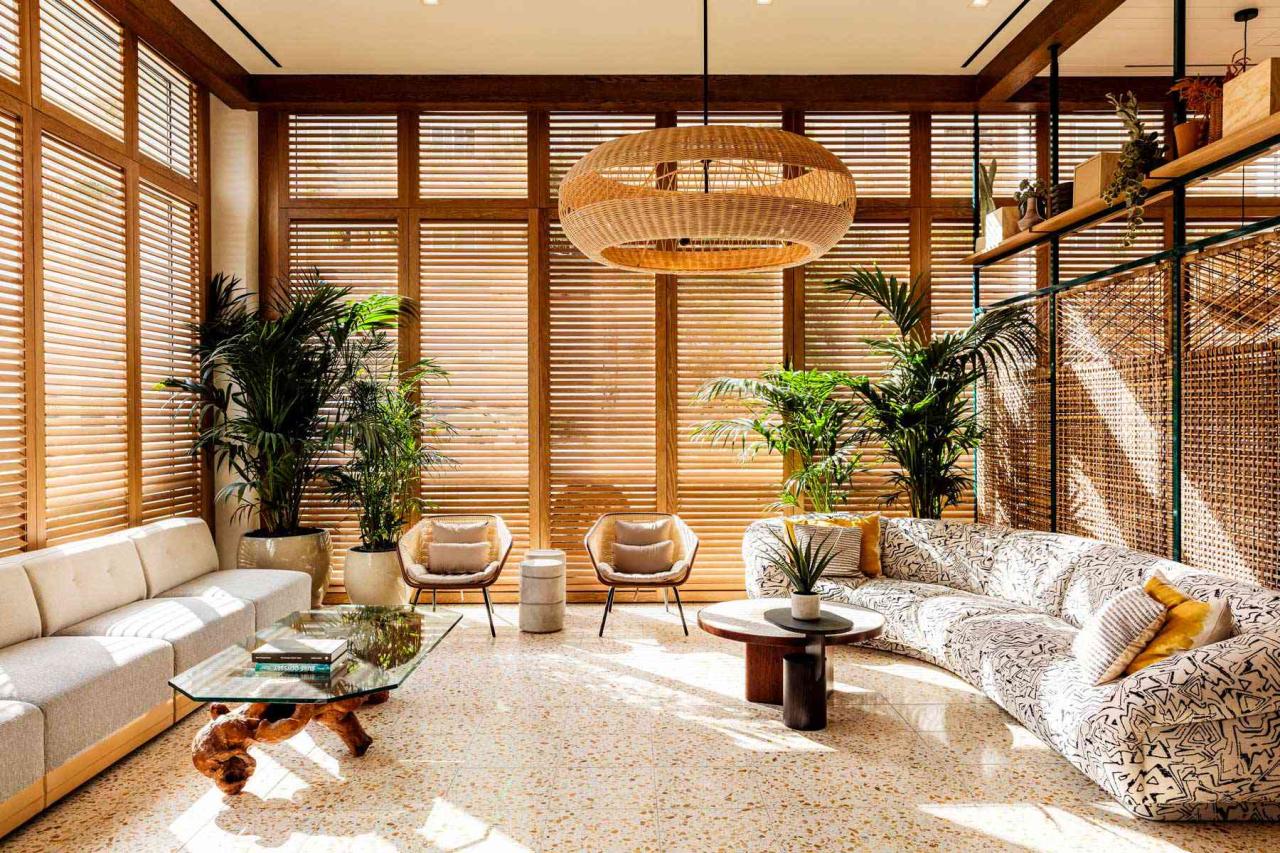
Source: travelandleisure.com
Cultivating a strong sense of community is essential for a boutique hotel’s success. Building genuine relationships with local businesses and organizations fosters a welcoming environment for guests and enriches the overall experience. Strategic partnerships can enhance the hotel’s reputation and contribute positively to the local economy.
Potential Local Partnerships
Hotel Boutique La can forge valuable partnerships with diverse local entities. This includes partnering with local restaurants, art galleries, historical societies, and community organizations. These collaborations can result in unique experiences for guests, such as exclusive dining arrangements, curated art exhibitions, and guided historical tours. Moreover, collaborating with local businesses can provide opportunities for cross-promotion and mutual benefit.
Value of Community Involvement
Community involvement strengthens the hotel’s brand identity and creates a positive impact on the local community. It enhances the hotel’s image as a responsible and engaged member of the local ecosystem. Guests are increasingly seeking authentic experiences, and partnerships demonstrate the hotel’s commitment to showcasing the unique character of the area.
Cultivating a Sense of Belonging
The hotel can foster a sense of belonging for both guests and locals by actively participating in local events. This could include sponsoring local festivals, offering workshops or classes related to local culture, or hosting community gatherings at the hotel. Organizing these events can provide an avenue for interaction and create a welcoming atmosphere where guests and locals feel connected.
Benefits of Partnerships
Strategic partnerships benefit both the hotel and the community. For the hotel, partnerships can attract a new customer base, generate positive media coverage, and enhance its reputation. For the community, partnerships can boost local businesses, create employment opportunities, and promote cultural exchange. These mutually beneficial relationships contribute to a vibrant and prosperous local environment.
Examples of Successful Community Partnerships
| Partnership Type | Hotel/Business | Community Benefit | Hotel Benefit |
|---|---|---|---|
| Local Restaurant Collaboration | The Grand Hyatt | Increased foot traffic for local restaurants, promoting local cuisine to guests. | Unique dining experiences for guests, potentially securing special menus or discounted rates. |
| Art Gallery Exhibition | Four Seasons Hotel | Provides a platform for local artists to showcase their work. | AttrAttract enthusiasts as guests, enhance the hotel’s aesthetic appeal, and provide a unique selling point. |
| Historical Society Collaboration | Hotel Monaco | Offers guests a deeper understanding of the area’s history. | Creates a unique selling proposition, adds value to the guest experience. |
| Community Event Sponsorship | JW Marriott | Supports local festivals, events, and charities. | Improves the hotel’s public image, and builds brand recognition within the community. |
Pricing and Revenue Models: Hotel Boutique La
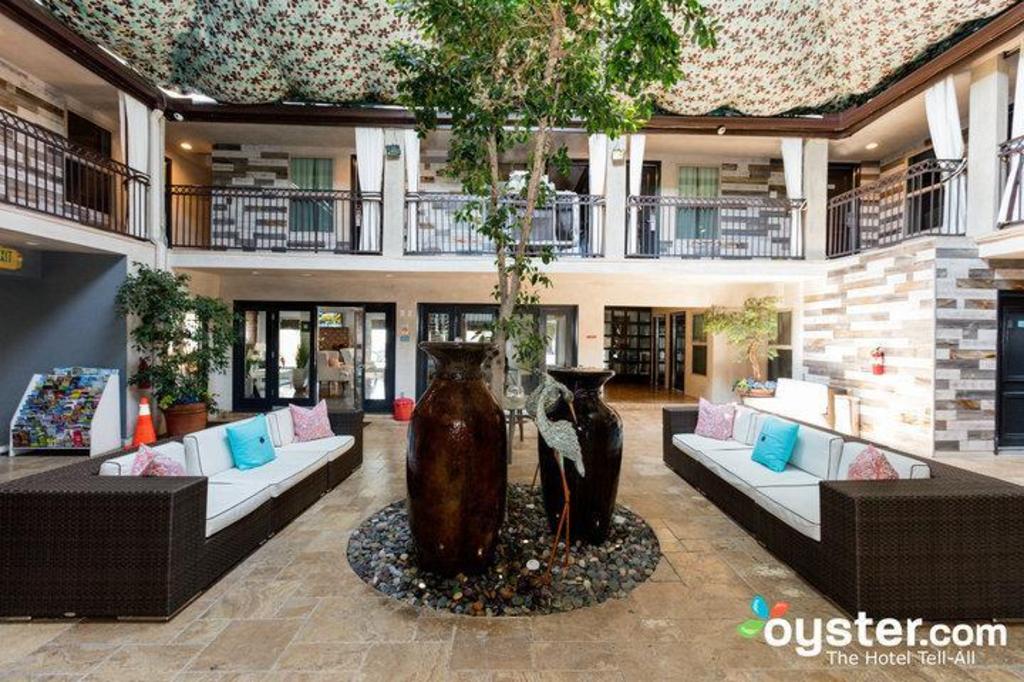
Source: agoda.net
Hotel Boutique La’s pricing strategy is meticulously crafted to balance luxury and affordability, reflecting the boutique experience. This involves careful consideration of market analysis, competitor pricing, and the unique value proposition offered. The goal is to attract the target audience while maintaining profitability and brand integrity.
Pricing Strategies Employed
Hotel Boutique La employs a tiered pricing system, adjusting room rates based on factors such as seasonality, room type, and amenities. Higher-end suites and those with exclusive features, such as balconies with city views or spa access, command higher prices. Flexible packages and special offers cater to diverse needs and budgets, further enhancing value for customers.
Revenue Streams Beyond Room Rentals
Beyond room rentals, Hotel Boutique La seeks to diversify its revenue streams. These include revenue from food and beverage services, such as restaurant meals, bar sales, and room service. Additional revenue streams are generated from event rentals, spa treatments, and potential partnerships with local businesses for exclusive deals and packages.
Comparison of Pricing Models for Different Establishments
Pricing models vary considerably across different types of hotels. Luxury hotels often prioritize premium pricing, focusing on high-end experiences and premium services. Budget hotels, on the other hand, often adopt a cost-effective pricing strategy, aiming for broad appeal. Boutique hotels, like Hotel Boutique La, seek to strike a balance between luxury and affordability, emphasizing personalized service and unique experiences.
Factors Influencing Pricing Decisions
Several factors influence pricing decisions in the boutique hotel industry. These include operating costs, market demand, competitor pricing, and the unique selling propositions offered. Seasonal fluctuations, special events, and economic conditions also play a role in shaping pricing strategies.
Revenue Stream Comparison, Hotel boutique la
| Hotel Type | Room Rentals | Food & Beverage | Event Rentals | Spa Services | Other Revenue |
|---|---|---|---|---|---|
| Luxury Hotel | High | High | Moderate | High | Potential for high-end retail partnerships |
| Boutique Hotel | Moderate | Moderate | Moderate | Moderate | Potential for unique experiences & packages |
| Budget Hotel | Low | Low | Low | Low | Potential for limited local partnerships |
Note: The table above provides a general comparison; specific revenue figures vary widely depending on location, market conditions, and individual hotel strategies.
Closing Notes
In conclusion, Hotel Boutique La represents a sophisticated blend of design, service, and community engagement. The careful consideration of location, atmosphere, and target audience allows this type of hotel to create a truly distinctive experience for its guests. Ultimately, the success of Hotel Boutique La hinges on its ability to effectively communicate its unique selling propositions and foster meaningful relationships with its local community. This type of establishment offers a refreshing alternative to the typical hotel experience, prioritizing a curated and intimate approach to hospitality.

